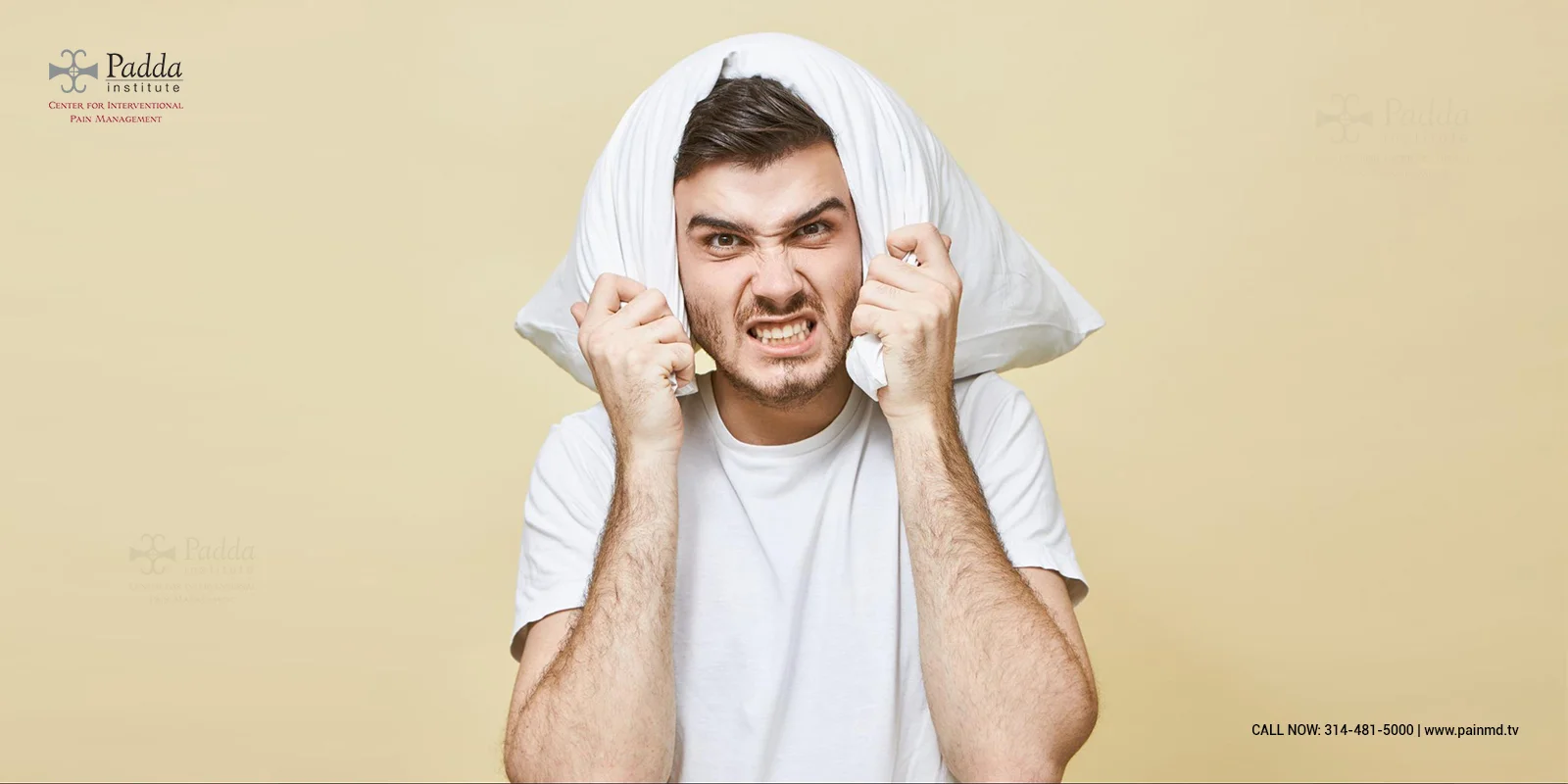Summary: Early studies have shown that sleep disorders contribute to the risk of metabolic disorders. However, a new study suggests that sleep deprivation not only results in a bad mood but may also reduce social interaction and empathy. Sleep-deprived individuals are more likely to maintain distance from others, and they are also less likely to help others. This may ultimately increase the risk of various mental health disorders.
You are only as healthy as your sleep. There is mounting evidence that along with dietary measures and exercise, a sufficient amount of sound sleep is equally good for sound health. Conversely, those who do not have enough sleep wake up feeling not so great, and irritated, may experience headaches and are less likely to interact with others. Research by Eti Ben Simon, a postdoctoral fellow at the University of California, shows that people who sleep less are also less likely to help others and talk to others. Past studies have shown that effects of not sleeping include increased risk of anxiety, depression, improper emotional control and other mood disorders. However, studies show that those with sleep deficits are more likely to avoid social interaction. Instead, they prefer maintaining distance from others and even staying lonely.
To understand this, researchers did a simple experiment. The participants in the study were asked to move towards the standing individual slowly, and they were told to stop when they thought they were quite close. To their amazement, they found that those who slept less also stopped much earlier. In addition, they were more likely to maintain distance from other people. Researchers say that sleep deficit may cause changes in the brain. For example, it may reduce the activity in certain brain parts, thus making people less social.
Or just take an example from another study. In the study, researchers recorded fMRI of the brain activity. In the study, they asked the participants how likely they were to help others like open doors, carry bags, etc. They found that those who slept less also were less likely to help others1. Here it does not matter whether it is about helping family members or strangers. Additionally, researchers found that it was not only about the number of hours someone slept. It also has much to do with sleep quality. For example, those who woke up more frequently during the night were also less likely to help others. Researchers say that these conclusions are not based on a single study. Instead, they have noticed a similar pattern in multiple studies. Thus, for example, they also found that sleep-deprived people were less likely to engage in charity. They analyzed 15 years of data and found that people contributed 10% less during the transition to daylight time-saving due to sleep deficit.
Studies show that sleep deprivation may even influence prescribing habits in doctors. Thus, doctors were less likely to prescribe painkillers during night shifts than during day shifts. In addition, it appears that sleep deprivation reduces empathy. Not only that, it appears that sleep-deprived people are less lively, too. Therefore, when people interact with sleep-deprived people, they are more likely to feel lonely with them.
Researchers say that they are especially worried about negative feedback. For example, if someone sleeps less and interacts less, others may start avoiding such individuals. As a result, these people may become even more withdrawn, which may further reduce social interaction. Researchers say that from observing animals, it can be concluded that sleep deprivation is a stress reaction. Animals become sleep deprived only when they are migrating, having a baby, or starving.
Hence, health experts say that if you are sleep deprived, it is one thing you must focus on immediately. Sleep duration and quality must be the highest priority, as adequate sleep can help prevent and even overcome many health issues. Some experts even suggest that sleep is more important than diet or exercise. It forms the basis of sound health. Without good sleep, other things become meaningless. Therefore, researchers say that if you are feeling unwell, one of the most important things that you can do is go to sleep. This would help improve mood, reduce anxiety, and even increase the desire to be kind to others.
The Bottom Line
Padda Institute of Pain Management takes pride in being the best anxiety disorder specialist in St. Louis. We have some of the highly recommended migraine specialists doctors of st Louis region who craft treatments unique to your needs.




